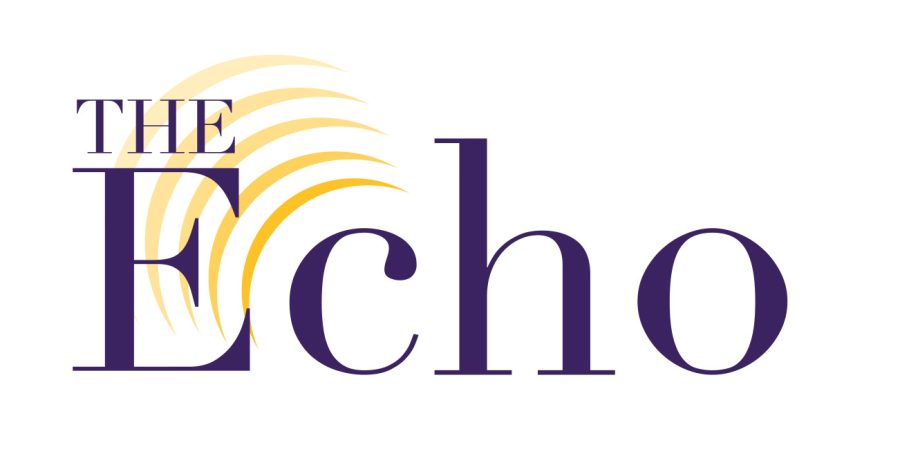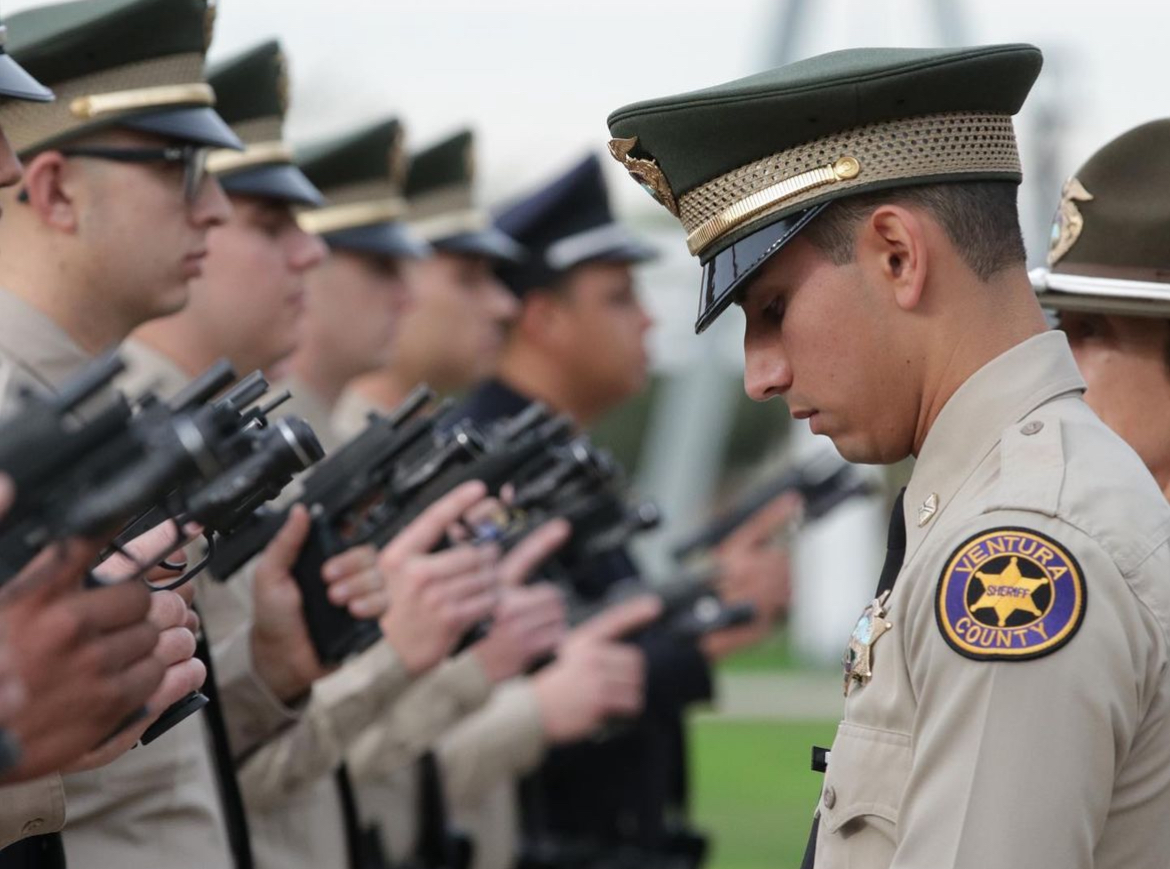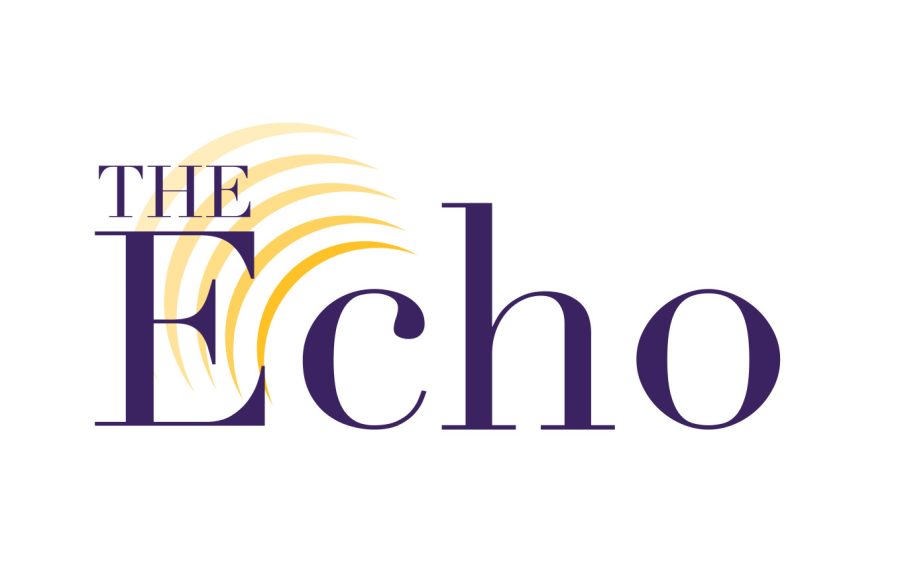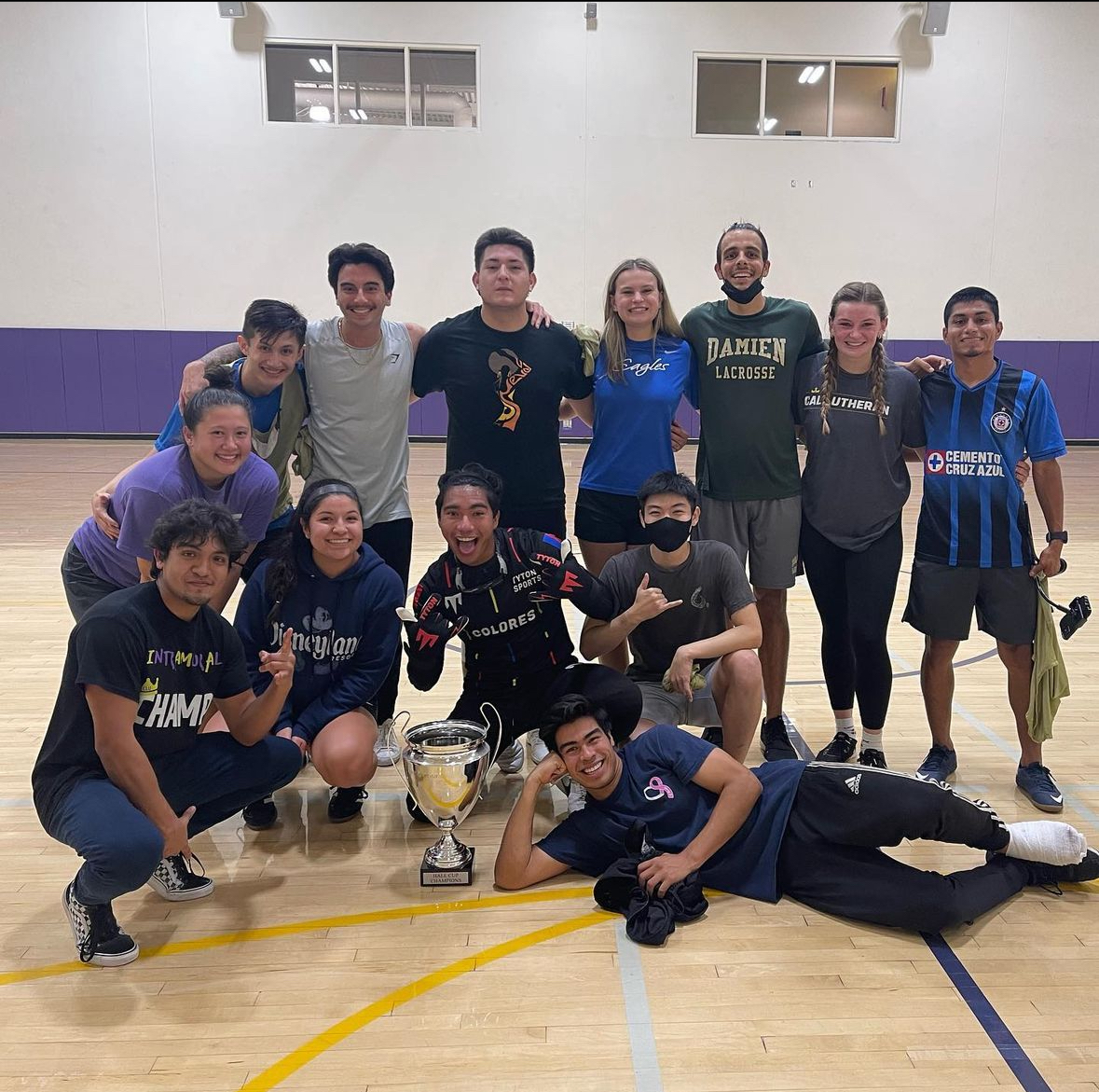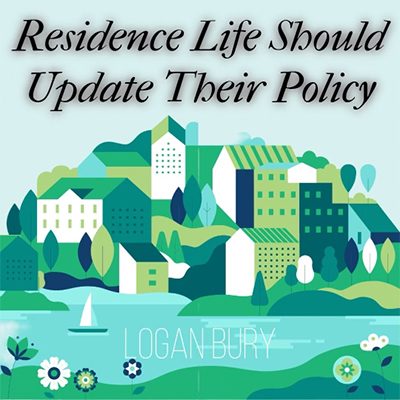Some of us have read books like Elie Wiesel’s “Night” and “The Diary of Anne Frank,” and have seen films like “Schindler’s List.” We read, watch and say “never again” but have just romanticized the darkest event in history.
Holocaust or Shoah education is failing to truly teach students about the harsh realities and traumatic experiences of the event that killed 17 million people, including 6 million Jews.
Michael Berenbaum, professor of Jewish studies and director of the Sigi Ziering Institute of the American Jewish University, said, “Holocaust education… makes a moral demand on the students. The moral demand is not to become a bystander, but to become somebody who takes action in the face of evil.”
In an essay titled “My Way to the Holocaust,” Berenbaum said that learning and teaching about the Holocaust requires paying an emotional and spiritual price. He said that it requires a certain maturity because students are being exposed to a history of darkness and pain.
Therefore, teachers with younger students must be careful with the gory details and graphic imagery.
Berenbaum said that teachers should teach both about the Nazi’s actions and about the Jewish response because “just because the Jews were powerless, didn’t mean that they were passive.”
No, they weren’t all Jews. Some were killed for their race, sexuality, or disabilities, but Jews were targeted more than any other group. As a Jew, I would have been among those 6 million if I had been born 70 years earlier in Germany or Poland.
Katherine Semel, who worked for a year at Dachau Concentration Camp Memorial Site in Dachau, Germany, is director of museum tours at Los Angeles Museum of the Holocaust. She said that California is one of very few states that require education on the Holocaust, but really only one day is worth of lesson planning.
Museums can be a great place to get Holocaust education. LA has two popular Holocaust museums, LAMOTH and The Museum of Tolerance, both of which offer dialogue with survivors.
According to an article in The New York Times, Holocaust museums “address a declining understanding of World War II and the genocide that took the lives of six million Jews in Europe.”
We say “never forget,” but without the stories of the survivors we have nothing to remember.
Semel said the survivors volunteer to tell their stories to anyone interested in learning, so that the memories never fade.
“I definitely think that having access to speaking with a Holocaust survivor brings to life the gravity of the situation and how recent it really was,” Semel said.
I have experienced both LAMOTH and MOT on different occasions and both visits moved me to tears because the museum atmosphere really puts you in the experience. I got to speak with a survivor who impressed and inspired me with how brave she was to tell her story of trauma and survival.
According to the LAMOTH website, their survivor volunteers had many different experiences. Some survived the camps, others escaped as children and some were in the Resistance.
Young people these days seem to think of the Holocaust like the Exodus, which happened thousands of years ago, when in reality the Holocaust was actually just in the last century.
Berenbaum said in his essay, “In the next five years we will only have children survivors of the Holocaust and within a decade or two at the most, none. We will move from living memory to historical memory.”
As the survivor generation slowly dies off, the torch is passed to their children and grandchildren who continue to carry on their legacies.
“That’s why the museum is here, so that their legacies can live on without them,” Semel said.
It is easy to push from our minds this event that was so horrific and it’s hard to see the relevance of an event that happened on another continent, in another time, but the memories of the Holocaust must live on. Teaching and learning about the Holocaust is relevant and important for the moral development of coming generations. It may not be America’s history, but it is humanity’s history.
Rissa Gross
Reporter



